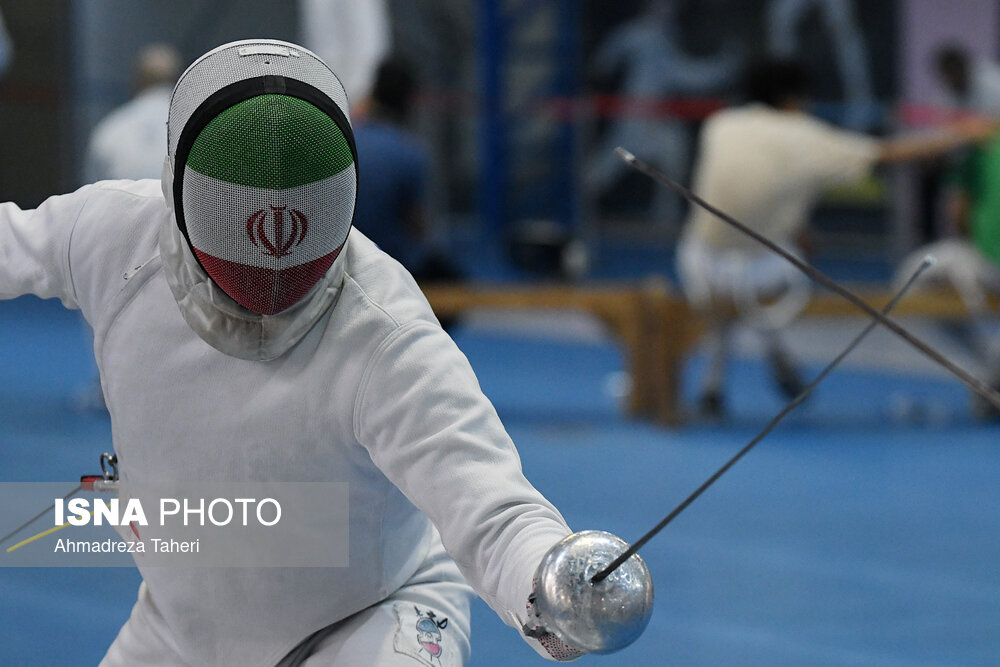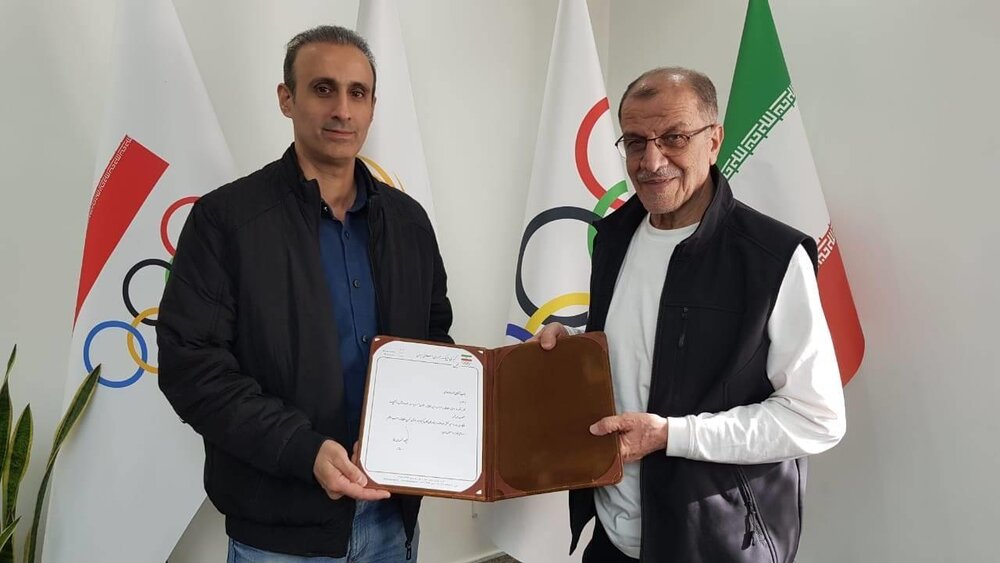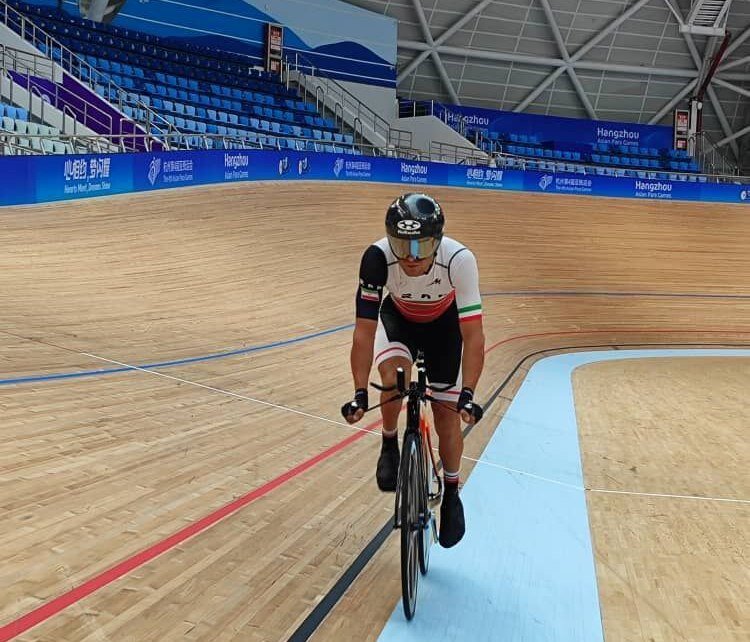Morocco criticised for ‘criminalising compassion’ for stray animals ahead of World Cup
Morocco criticised for ‘criminalising compassion’ for stray animals ahead of World Cup

Morocco, a country home to millions of stray dogs and cats, is facing backlash over a new draft law aimed at combating the stray population ahead of the country’s hosting of the World Cup in 2030.
Article 44 of Law 19.25, drafted in July, has been particularly contested by the public and activists. It stipulates that “anyone who, in violation of the provisions of this law, shelters, feeds or treats a stray animal in a public place[...] will be punished with a fine of 1,500 to 3,000 dirhams [$166 - $333]”.
The legislation also imposes prison sentences of two to six months and fines of 5,000 to 20,000 dirhams ($552-$2,200) for anyone “who intentionally kills, tortures or harms a stray animal in any way”.
The draft comes shortly after allegations that Morocco was conducting a mass culling of strays in an effort to clean up its image ahead of its co-hosting of the Fifa World Cup in 2030 and the Africa Cup of Nations (Afcon) starting later this year.
It also follows the death in June of two tourists, one from the UK and one from Switzerland, after contracting rabies from stray dogs. On average, 100,000 stray dog bites are recorded each year in the North African kingdom, where authorities reported 33 fatal cases of rabies in 2024.
While animal rights activists believe the treatment and protection of stray animals has to be tackled urgently at the government level, they consider the draft law unrealistic and counterproductive in criminalising the way locals care for strays.
Activist and cultural entrepreneur Chama Tahiri told Middle East Eye the sudden law came out because of the “public shame from the international media coverage of the culling”.
“The law is a way for the government to stop the bad publicity for Morocco because tourism is very important,” she said.
“It feels completely unnatural to try and criminalise compassion,” she added, stressing that caring for strays is part of daily life for Moroccans.
For Tahiri, the draft law feels “like treason from the government because we people from the civil society and shelters, we have been doing the work for decades”.
Culling allegations
In February, a group of 10 local and international animal rights organisations wrote a letter to Fifa expressing their outrage at the culling activity.
“The local government is planning to kill over three million stray dogs ahead of the event,” the International Organisation for Animal Protection and other signatories wrote in the letter.
‘I think they will kill the majority and maybe release a few to show goodwill, but it’s clear this is not for the good of the animals, it’s for the World Cup image’
- Jihane Benjelloun, animal rights advocate
“The methods employed in this culling campaign are deeply disturbing and inhumane. Reports indicate the use of poisoning, mass shootings and trapping followed by incineration or burial. These practices cause immense suffering to the animals involved and are a clear violation of animal welfare principles.”
MEE contacted Fifa and the Moroccan government for a comment on the culling allegations as well as Law 19.25, but did not receive a response.
The alleged culling was strongly denied as “baseless” by Mohamed Roudani, head of the Department of Public Health and Green Spaces at the General Directorate of Territorial Communities under the Interior Ministry.
The Moroccan government insists it is using a Trap, Neuter, Vaccinate and Return (TNVR) plan on stray animals, established back in 2019. The programme temporarily captures strays to vaccinate and neuter them in centres across the country. The aim is to reduce the stray population while minimising the need for euthanasia.
Despite the government’s denials, activists remain sceptical. Several told MEE that they had information showing that the culling of stray animals was ongoing.
Salima Sally Kadaoui, the founder of the SFT Animal Sanctuary located in Tangier, told MEE that she was informed in August about a culling of 100 stray dogs in the north of the country.
Zainab Taqane, founder and president of the IRHAM Association for Animal Protection and the Environment in Safi, also confirmed her team had evidence of ongoing culling.
“These incidents clearly show that the reality on the ground contradicts official statements,” she told MEE.
Animal rights advocate Jihane Benjelloun also expressed doubts over the government’s intentions.
“I don’t believe they are going to roll out TNVR,” she told MEE.
“I think they will kill the majority and maybe release a few to show goodwill, but it’s clear this is not for the good of the animals, it’s for the World Cup image.”
Contradicting religious teachings
Under Kadaoui’s Treat, Neuter, Vaccinate and Tag programme, her team has treated over 4,600 dogs and 3,500 cats, although “many have been killed over the years”, she added.
Kadaoui noted there are positives and negatives with the proposed legislation. She said Morocco is still “learning how to deal with the situation of the strays”.
‘It is likely to lead to more abandonment, mistreatment and even cruel killings, worsening the problem in the long term’
- Zainab Taqane, IRHAM Safi chair
Moroccan authorities estimate the country’s stray dog population is between 1.2 and 1.5 million. The government has invested nearly 240 million dirhams ($26.5m) in building and equipping centres for strays, and supporting sterilisation programmes. More clinics are under construction in Ifrane and Sidi Slimane; 20 centres reached completion over the summer, according to Interior Minister Abdelouafi Laftit.
Kadaoui said there are problems with how the public feeds strays.
“There are places, for example, in Tangier, where people go and dump lots of food, and it’s absolute mayhem, healthy and unhealthy animals mix, and it attracts rats and flies, so that is why the authorities have suggested having designated areas for feeding,” the SFT shelter owner said.
Under the new bill, only associations and their volunteers deemed authorised will be allowed to care for strays. The draft includes strict regulations and requirements that shelters must meet to be officially allowed to operate. Violating these laws results in a fine.
However, IRHAM’s chairwoman Taqane believes “the authorities know they can never prevent Moroccan citizens from performing a natural, human act that is part of their daily habits”.
For her, the new proposal is there “to put pressure on people and instil fear in those who wish to avoid problems”.
The law has also been denounced for contradicting religious teachings in the Quran.
“Compassion towards animals is not only part of culture and tradition but also an obligation in Islam, where abandoning a living being in need is considered a moral and religious sin,” Taqane said.
She fears that the current form of the legislation “would likely generate tensions and confrontations between citizens and the authorities, as it contradicts deeply-rooted social practices”.
If the law were to be implemented, Taqane predicts a bleak future for the stray population.
“It is likely to lead to more abandonment, mistreatment and even cruel killings, worsening the problem in the long term.”
The draft law is in the first reading stage and was submitted to the committee for review on 22 July. It is expected to be passed ahead of Afcon in December.













